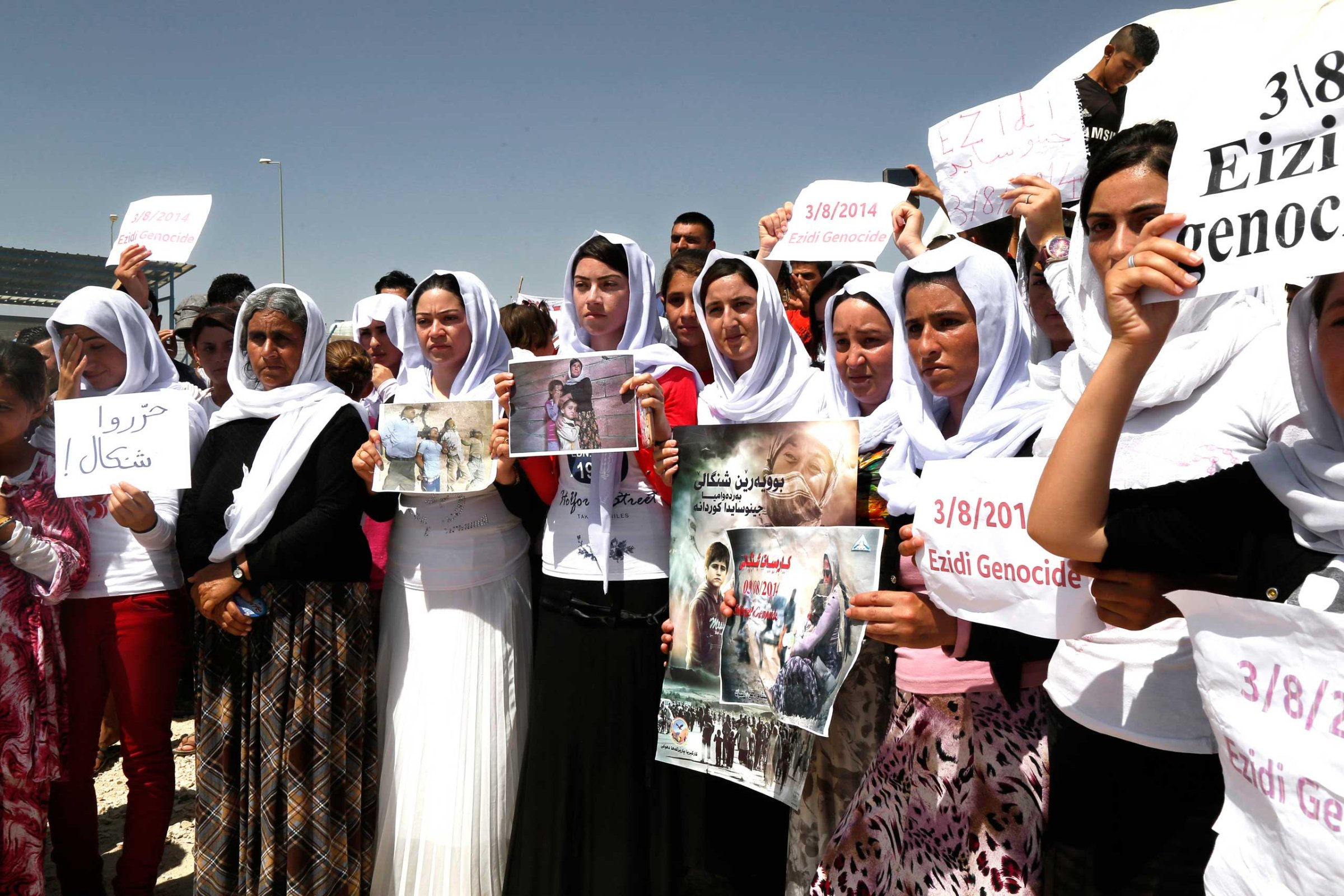
“I could see the pictures of his family on the computer, and I could tell that they were not Arabs and the environment of the pictures was not Iraq or Syria.” That’s how one Yezidi girl knew that the Islamic State of Iraq and Greater Syria (ISIS) fighter who was keeping her as a sex slave wasn’t like the others—he was American.
In emotional testimony to a U.N. panel on ISIS’s treatment of women hosted by the UN Women for Peace Association, a 20-year-old Yezidi woman who went by the pseudonym Bazi described being bought and sold by ISIS fighters after they attacked her small village. The testimony coincides with the upcoming release of a documentary called Extreme Good: Finding a Way Out, about the battle to save Yezidi girls from ISIS captors. The documentary, scheduled for spring 2016, was made by Christian Palestinian-American human rights activist Hazem Farraj, with non-financial support from Rema Dupont, who is also on the board of UN Women for Peace. Bazi is in the U.S. partly with the support of Hardwired, a human rights group that mobilizes young people to end religious oppression, in order to testify to Congress about her life in ISIS captivity and push the FBI to press charges against her captor.
Speaking slowly and clearly in Kurdish, her face completely obscured by a magenta veil, Bazi described how the ISIS fighters separated the men from the women first, and then separated the older women from the younger ones. “My mother was one of the older women,” she said. “After the separation we heard shooting, and we never heard anything from them again.” The Yezidis are an ethnic and religious minority in Northern Iraq, and the U.N. has speculated that ISIS’s persecution of the Yezidi minority may constitute a genocide. Bazi has already told portions of her story to CNN’s Christiane Amanpour in an interview.
Bazi said the ISIS fighters took her and the other younger women to Tal Afar, a city in northern Iraq, where they fed them food with glass in it and put the children’s used diapers in their drinking water. Bazi also suspected they were being drugged. “We could feel that there was something in our food, kind of a drug, because we always felt dizzy and had headaches, the girls and even the children,” she recalled. Over 3,000 Yezidi women and children are still in ISIS custody, according to estimates from various human rights groups.
See ISIS’s Destruction of the Ancient City Palmyra
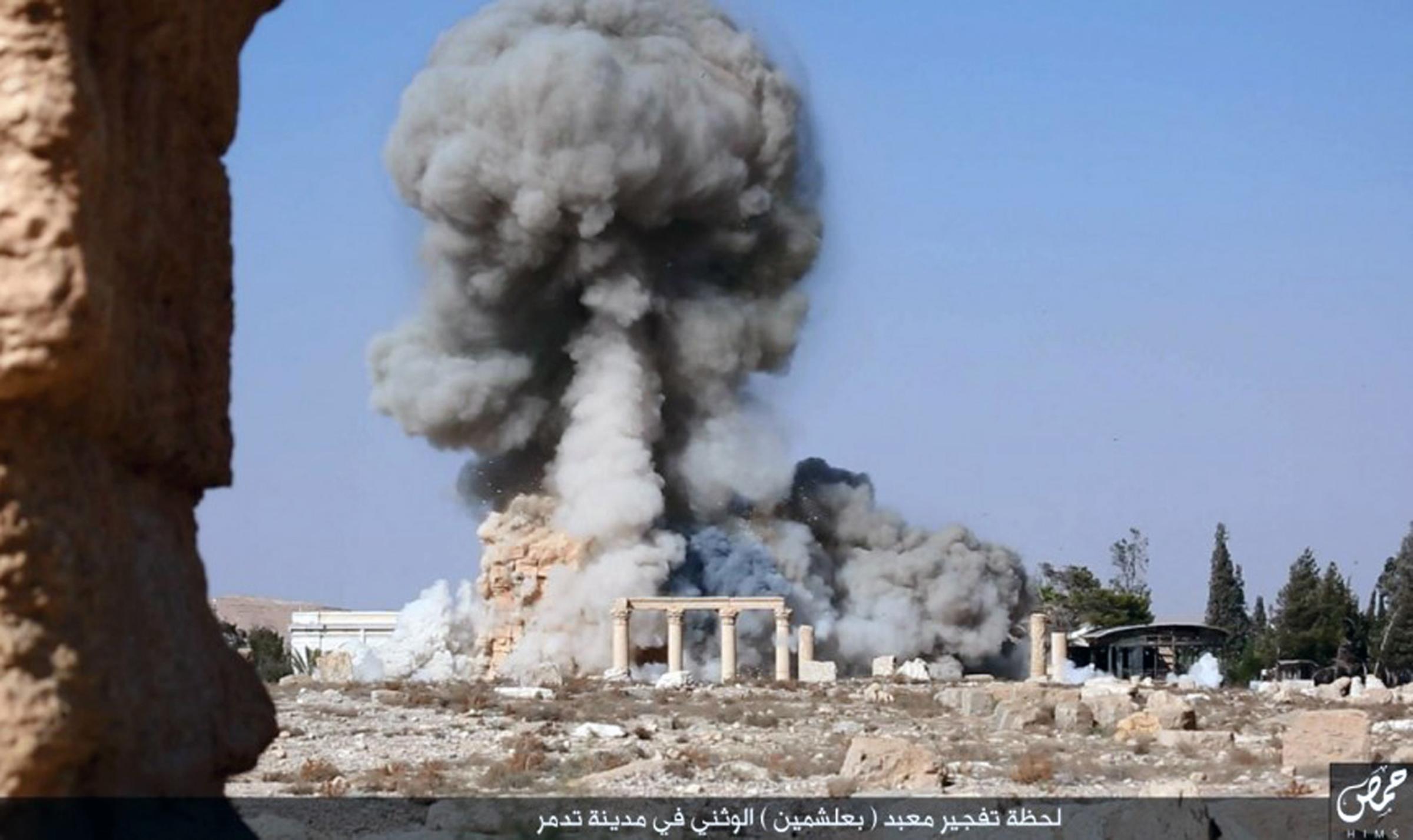
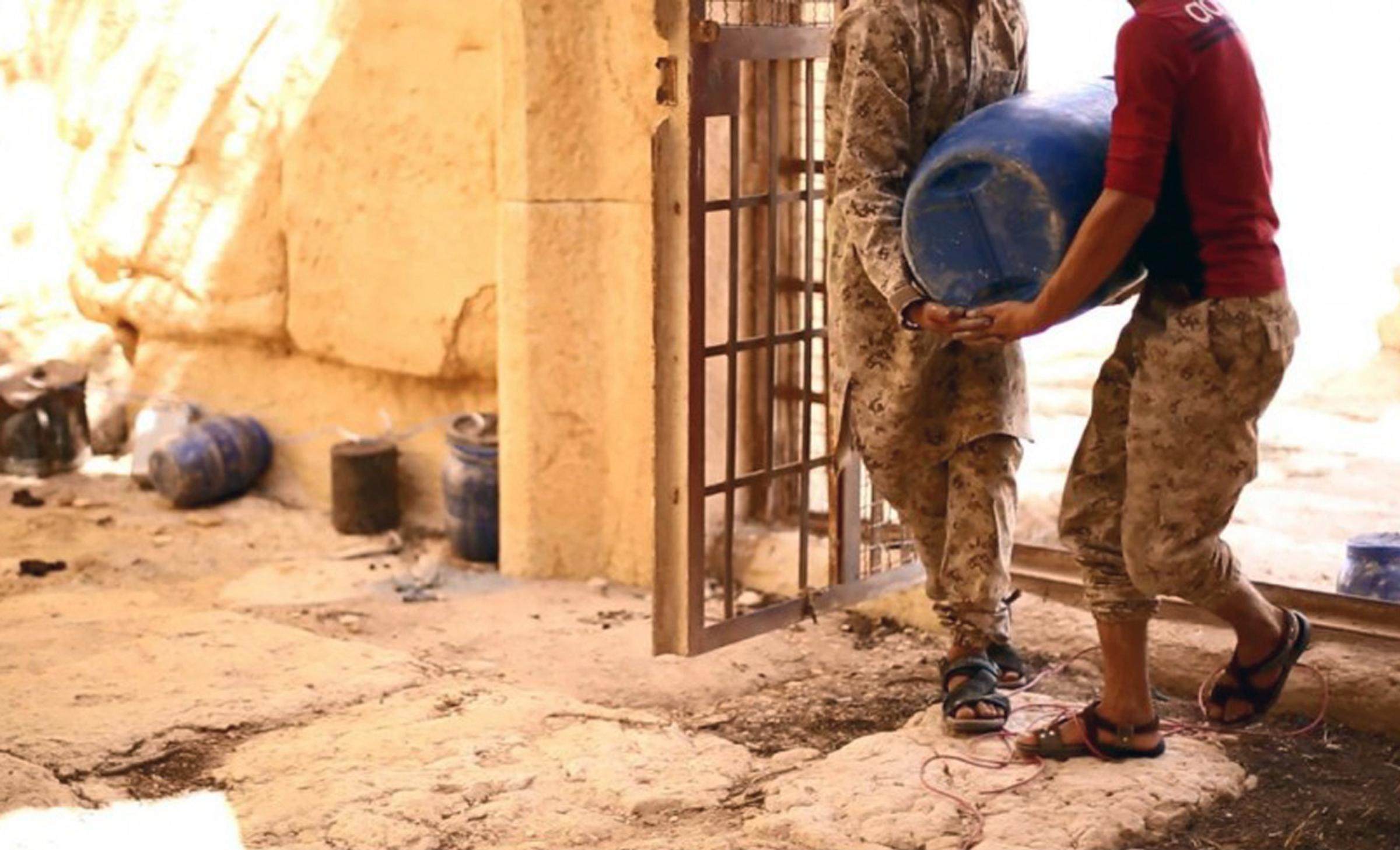
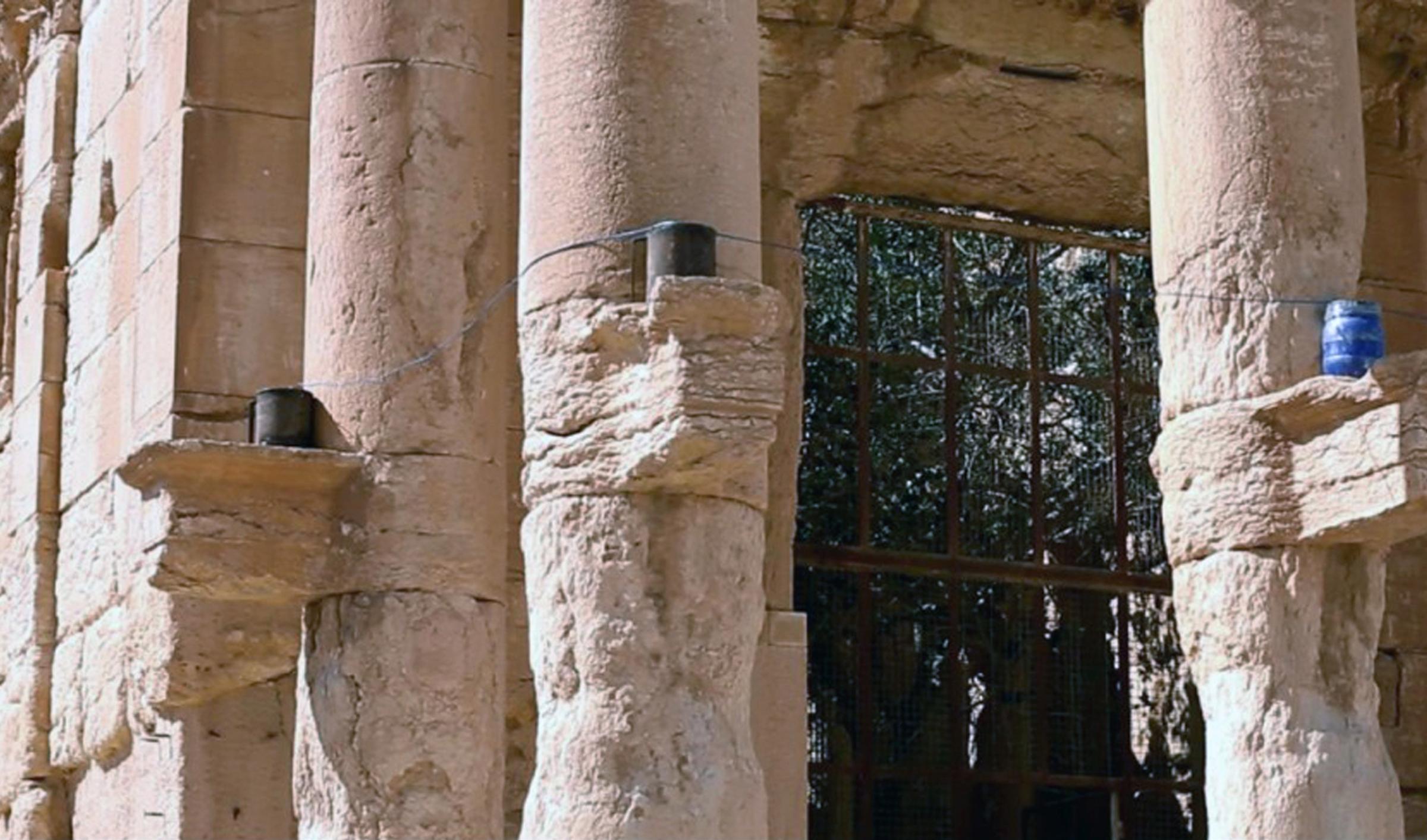
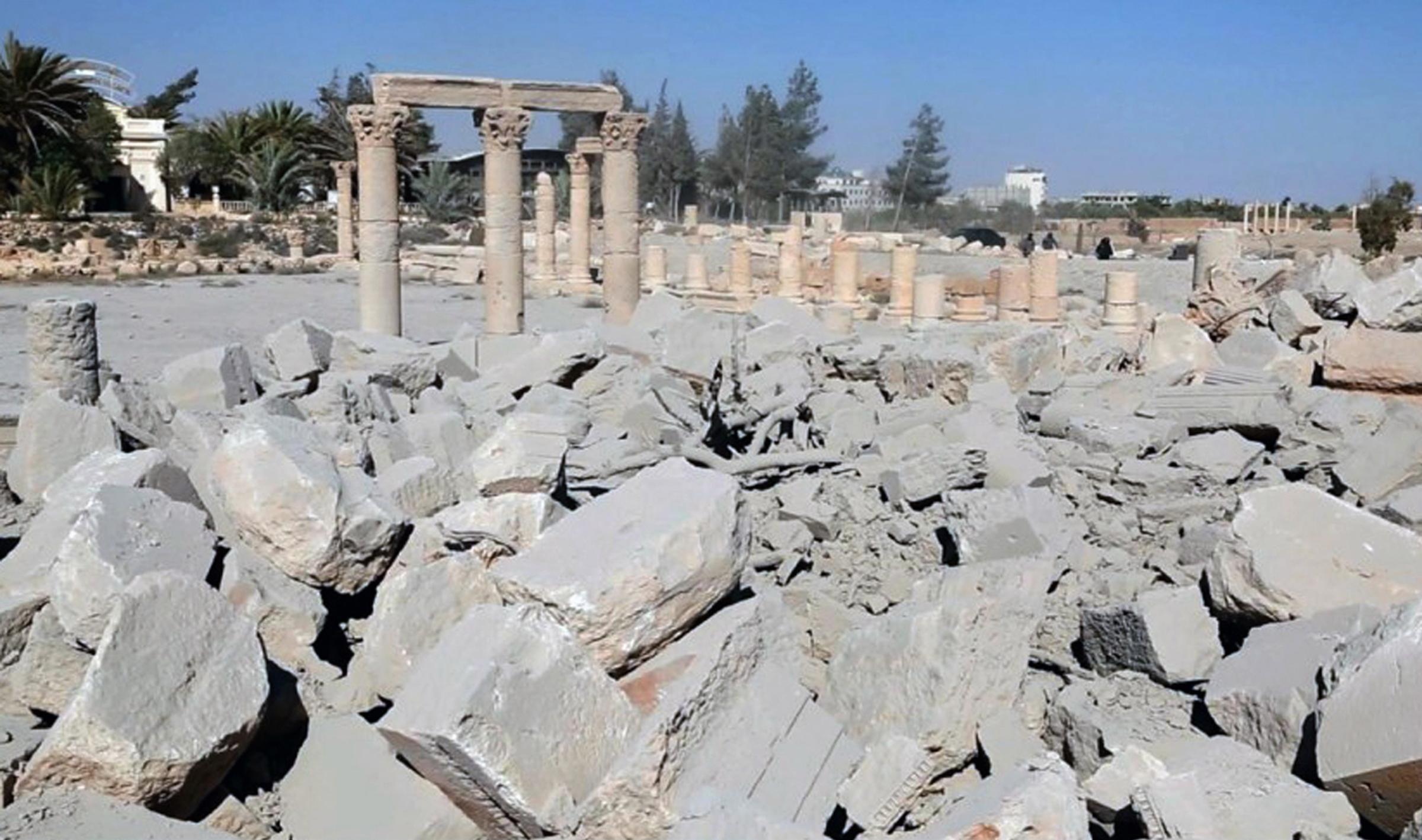
Bazi at first evaded being sold into sex slavery by saying that her 3-year old nephew was her son, which initially put her in the category of married women, slightly less appealing to the fighters. She was able to go home with her uncle,who had converted to Islam and was therefore allowed special privileges. But a month and a half later, the fighters were back for her. “They said, ‘we are finished with the girls, now it is your turn,’” she recalled.
Bazi was taken back to Tal Afar, where she said she witnessed 12 and 13-year-old children being taken by ISIS fighters to be raped on the second floor of the building where they were housed. She and the other women were put up for sale, but refused to bathe so they would be less attractive to potential buyers. “Old men would come and look at us and say ‘you are dirty, we don’t want even to buy you,'” she said. She said she and other girls were being sold for as little as $40.
After a month without being bought, Bazi was taken to Syria with eight other girls, to be sold in Raqqa. That’s where she says the American jihadi, whom she names as Abu Abdullah Al Amriki, bought her and several other women. He brought them to his house in Aleppo, where she says he sold the other women off one by one and kept her only because he began to trust her. He told her he was American, that he had two children, and that he had converted to Islam because he wanted to worship more than gods and statues. He spoke Arabic very badly, she said, and would beat them when he took drugs, which was often. “He did many bad things to us until he raped me,” she said, recalling that he often called her and her fellow Yezidis “infidels.”
“I said ‘if we are infidels, why you take us, why you even touch us?,’” she said. “He said ‘we will convert you and take you as slaves.'”
Bazi was ultimately able to escape when she and some other girls broke down the door while their captor was fighting in Kobane. She has reunited with some family members in a camp where many people from her old village live, but most of her family is still missing, including her parents and four brothers. But even though she is no longer in ISIS captivity, Bazi doesn’t feel free. “I don’t feel that I am back and out of their hands, because there are many, many other girls that are still in their hands,” she says. “I know what is happening to them, so I don’t feel that I am freed yet.”
More Must-Reads From TIME
- The 100 Most Influential People of 2024
- The Revolution of Yulia Navalnaya
- 6 Compliments That Land Every Time
- What's the Deal With the Bitcoin Halving?
- If You're Dating Right Now , You're Brave: Column
- The AI That Could Heal a Divided Internet
- Fallout Is a Brilliant Model for the Future of Video Game Adaptations
- Want Weekly Recs on What to Watch, Read, and More? Sign Up for Worth Your Time
Write to Charlotte Alter at charlotte.alter@time.com